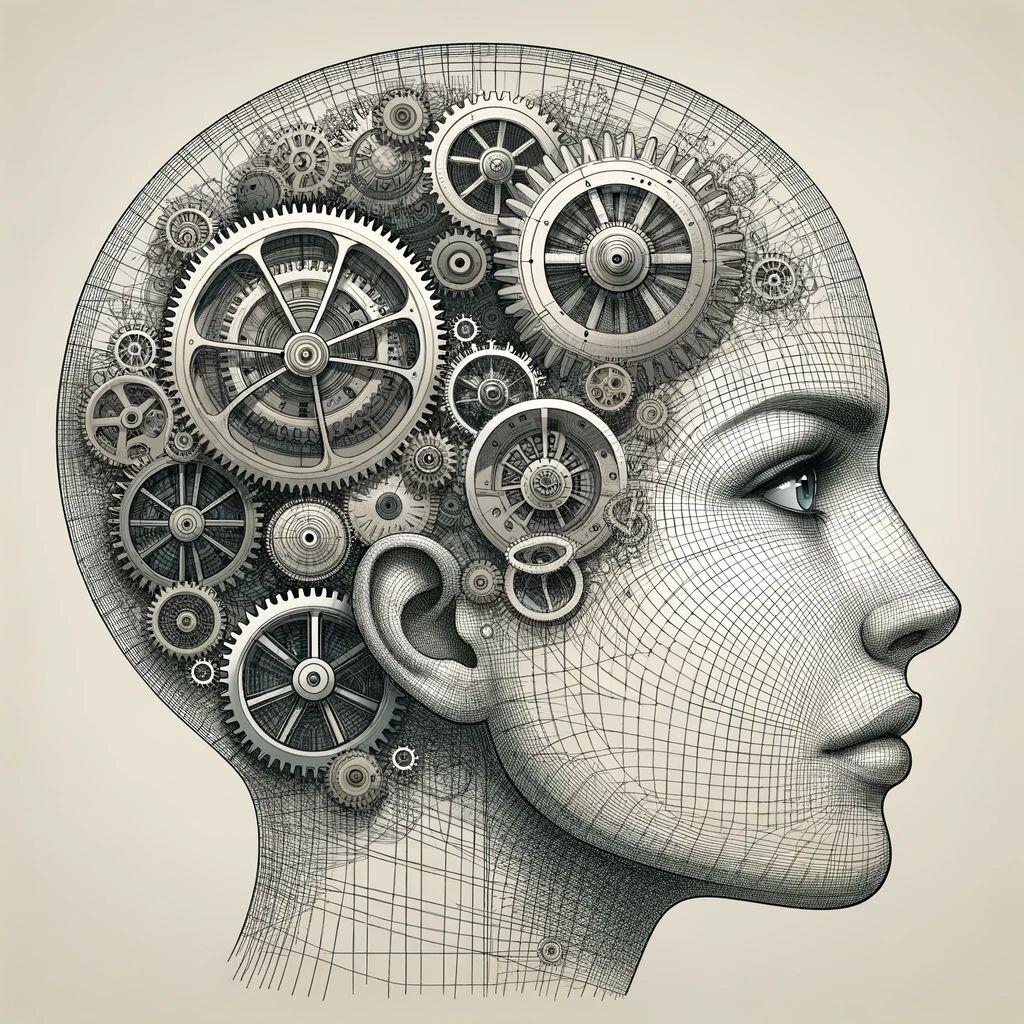
What is Emotional Abuse?
Emotional abuse is a pattern of behavior aimed at controlling, belittling, or intimidating another person, significantly impacting their self-esteem, autonomy, and mental health, without physical violence.
Emotional abuse, a form of domestic violence, is often the silent shadow that trails its more visible counterparts, physical and sexual abuse. Unlike bruises or broken bones, the scars of emotional abuse are etched deep within the psyche, making them harder to recognize and, consequently, to heal from. This article aims to shed light on the insidious nature of emotional abuse within intimate relationships, offering insight, understanding, and hope for those who find themselves ensnared in its grasp.
Understanding Emotional Abuse
At its core, emotional abuse involves a pattern of behavior by one partner to control the other using emotional manipulation. It can manifest in myriad ways, from verbal attacks and constant criticism to more subtle tactics like gaslighting, where the abuser denies the victim's reality, making them doubt their own perceptions and sanity.
Recognizing the Signs
Identifying emotional abuse is the first step towards breaking free from its chains. Signs include, but are not limited to:
Diminished Self-worth: Constant criticism, comparisons, and belittlement can erode your sense of self-worth.
Isolation: An abuser may cut you off from family, friends, and activities you love, reducing your support system and opportunities for fulfillment.
Fear and Anxiety: Walking on eggshells around your partner, fearing their reactions, is a hallmark of emotional abuse.
Control and Coercion: From dictating your appearance to controlling finances, abusers may exert power over many aspects of your life, even without you being aware.
The Impact of Emotional Abuse
The effects of emotional abuse are profound, affecting mental, emotional, and even physical health. Victims may experience depression, anxiety, post-traumatic stress disorder (PTSD), and a host of psychosomatic symptoms. The erosion of self-esteem and autonomy makes it challenging for survivors to leave the abusive situation, perpetuating the cycle of abuse.
Breaking the Cycle
Recognizing emotional abuse is a critical first step towards healing. Seeking support from trusted friends, family, or a professional can provide the strength needed to break free. Remember, it is not your fault, and you deserve to be treated with respect and kindness.
Emotional abuse is a pervasive form of domestic violence that can leave deep psychological scars. Recognizing the signs and seeking help are essential steps towards recovery and reclaiming your life. If you or someone you know is experiencing emotional abuse, remember, help is available, and there is hope for a brighter, abuse-free future.